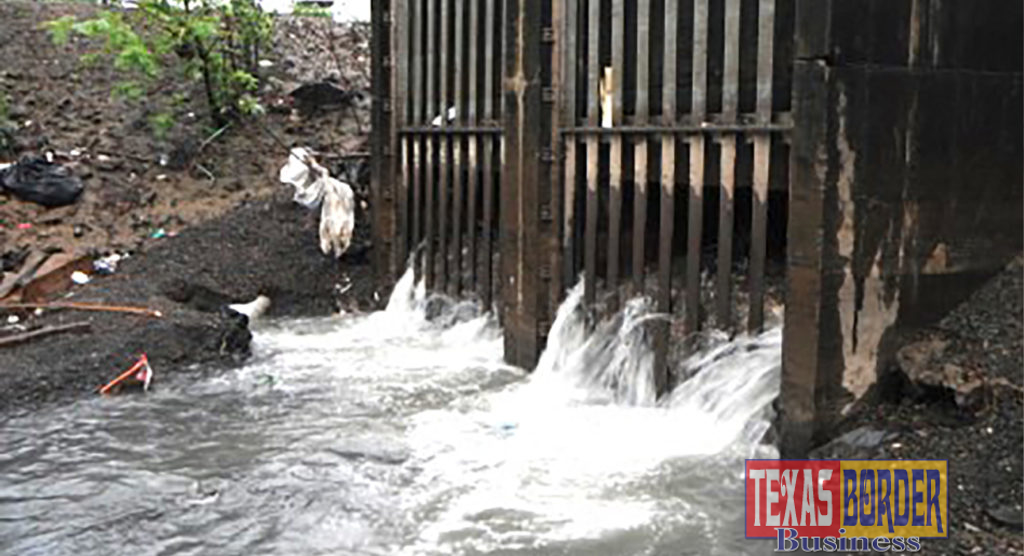Rutgers study could lead to better disinfection methods and understanding of coronavirus and other risks

Texas Border Business
Newswise — Can antibiotic-resistant bacteria escape from sewers into waterways and cause a disease outbreak?
A new Rutgers study, published in the journal Environmental Science: Water Research & Technology, examined the microbe-laden “biofilms” that cling to sewer walls and even built a simulated sewer to study the germs that survive within.
They found that these biofilms often contain harmful, antibiotic-resistant bacteria and can withstand standard treatment to disinfect sewers. Cleaning with bleach can reduce the density of biofilms but not entirely remove them, potentially leaving wastewater treatment workers and the public exposed to health risks.
Still, disinfecting a sewer line may be a good idea before sewer maintenance is done, especially following events such as a disease outbreak or bioterrorism incident that might expose sewer lines to high-risk microbes. Luckily, with respect to SARS-CoV-2, the coronavirus causing COVID-19, water, and wastewater are not expected to be important transmission routes.
Normally, what’s flushed down a toilet goes to a wastewater treatment plant. But rainfall can cause overflows of untreated waste into bays, rivers, streams, and other waterways. The researchers say a potential worst-case scenario would be an infectious disease outbreak following a sewer overflow that releases wastewater, sewer solids, and biofilms to surface water.
“Given the current interest in wastewater-based epidemiology for monitoring the coronavirus, our study highlights the need to consider sewer processes and how best to combat pathogens,” said senior author Nicole Fahrenfeld, an associate professor in the Department of Civil and Environmental Engineering in the School of Engineering at Rutgers University-New Brunswick. “We will work to repeat a portion of our experiments to understand how long the coronavirus may linger in sewers and if that will impact monitoring of it in wastewater.”
The researchers found that sewer pipe materials (concrete or PVC plastic) did not affect the formation of biofilms but played a role in the effectiveness of bleach to disinfect them. Bleach is better at removing biofilms from PVC than from concrete, likely because PVC is smoother.
The lead author is William R. Morales Medina, a Rutgers doctoral student. Alessia Eramo, who earned a doctorate at Rutgers, and Melissa Tu, a Rutgers undergraduate student, contributed to the study.















